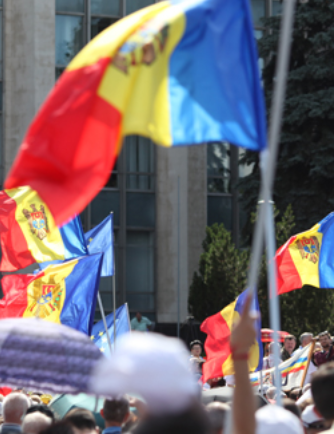Pride Marches in Moldova: The Case of Genderdoc
/In 2005 the authorities in Chișinău, Moldova, banned a march planned by an LGBT organisation, to deliberately discourage the promotion of LGBT rights. In 2012 the European Court of Human Rights held that the ban was discriminatory and breached the right to peaceful assembly (art.11 ECHR).
The case of Genderdoc is an example of how NGOs - through engagement with national authorities and submissions to the Committee of Ministers - can ensure that proper information is provided in the implementation process, that monitoring continues while it is still needed, that adequate reforms can be adopted, and that a judgment can lead to rights in practice.
Read More







